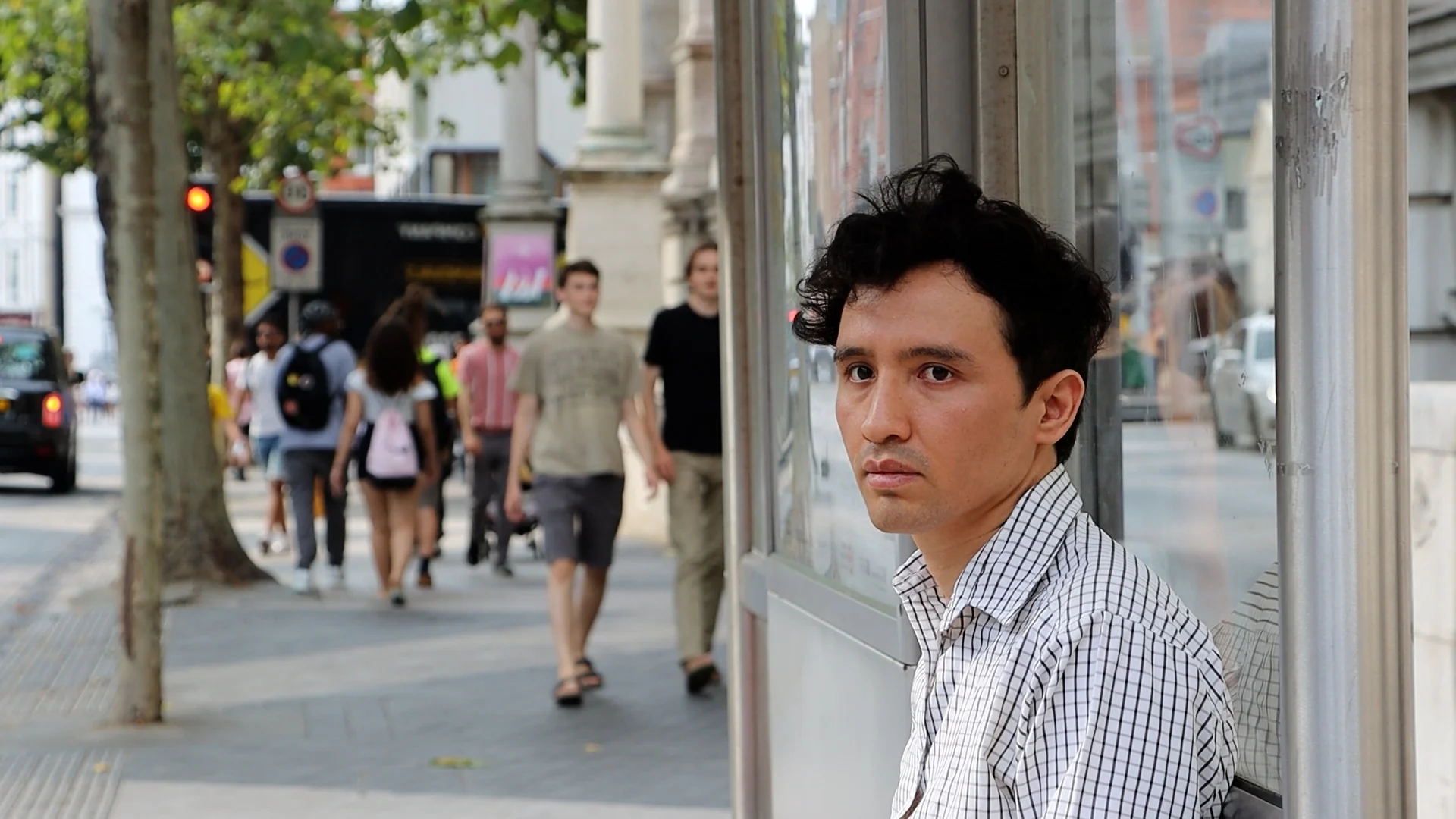
Joining Imperial
Before beginning my postgraduate journey at Imperial College London, I pursued a five-year Bachelor's course in Communications and Electronic Engineering in Ecuador. Upon completing my undergraduate degree, I was awarded a government scholarship through a competitive selection process for students admitted to top-tier universities.
Before starting my Master's, I spent a year working as an assistant to the main professor in the Department of Physics at my undergraduate university. After gaining valuable experience, I began my MSc in Communication and Signal Processing at Imperial.
My curiosity in pursuing a Master's in Signal Processing grew during my undergraduate studies when I joined a robotics club. I became fascinated by the intersection of mathematics and computation in this field.
Working on projects involving sensors in robotics further reinforced my interest. Knowing that I planned to return to Ecuador after completing my studies, I recognised that focusing on software and mathematics would be both practical and beneficial for my home country.
Adapting to a new environment
The comprehensive and advanced MSc in Communication and Signal Processing, taught by renowned professors, offers valuable knowledge and skills in a focused timeframe. Moreover, it was my dream to be involved in research, and Imperial's strong connections to industry and cutting-edge research facilities provided excellent opportunities for students like me to apply our learning in real-world situations and to engage in ground-breaking research. This combination of factors made Imperial the perfect place for me to pursue my academic and research aspirations, while also preparing for a successful career in the field.
Starting my Master's course was an exciting experience. The introductory sessions helped me to adapt to the new environment. I remember that I was concerned about my English proficiency and whether it would be sufficient for both socialising and comprehending the lectures.
Connecting with fellow students from diverse backgrounds, who were also encountering similar challenges, eased my worries and made me feel more comfortable.
The intensity of the modules was initially daunting, but I quickly adapted to the rigorous academic demands. As I became more immersed in the course, I also found the support from staff, and fellow students very helpful.
Exploring new opportunities
The most interesting thing I learned during my MSc in Communication and Signal Processing was the theory of wavelets. This topic was entirely new to me, and I found it fascinating to explore the mathematical framework behind wavelets and their various applications. This module provided me with a fresh perspective on how to analyse and process signals, which was a valuable addition to my knowledge in the field.
Being a part of Imperial's global community has been a truly enriching and valuable experience. The university's inclusive environment allowed me to connect with fellow students from various backgrounds through classes, events, and societies.
In general, I had the opportunity to make friends with people from different parts of the world and learn from their cultures. I found it interesting to interact with people from other Latin American countries, as we shared many commonalities.
Looking to the future
After completing my Master's, I started a PhD in the Communications and Signal Processing group at Imperial, with Professor Pier Luigi Dragotti as my supervisor. This opportunity allowed me to delve deeper into the field and continue my academic journey.
Pursuing a Master's degree at Imperial can open up various career paths, whether you are interested in starting a PhD or finding a job. If you have a passion for research and want to contribute to the scientific community, I highly recommend considering a PhD at Imperial as the next step in your career. Engage with your professors, attend seminars and network with industry professionals to gain insights into the opportunities available and make informed decisions about your future.